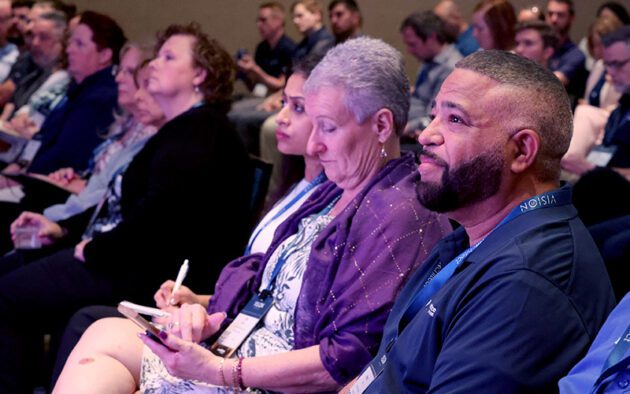Shortly after the COVID-19 pandemic began, the Families First Coronavirus Response Act (FFCRA) was enacted, which mandated two new paid leaves for private employers with fewer than 500 employees and certain public employers:
- A two-week emergency paid sick leave (EPSL) for employees unable to work or telework because of six COVID-19 associated reasons
- Expanded FMLA Leave (EFML) to allow covered employees to take their 12 weeks of FMLA leave for school and day care closings linked to COVID-19, including 10 weeks of paid leave
These new paid leaves, for which companies could be reimbursed through a tax credit, expired on December 31, 2020. Nevertheless, the Consolidated Appropriations Act, 2021 (CAA) passed in late December and extended the tax credits available to employers choosing to provide EPSL and EFML through March 31, 2021.
On March 11, 2021, the American Rescue Plan Act of 2021 (Rescue Plan) was signed into law. The Rescue Plan expands and extends the refundable tax credits that covered employers may receive under the FFCRA for voluntarily providing paid COVID-19 related leave through September 30, 2021. Covered employers include those with fewer than 500 employees and certain federal, state, and local government employers.
The Rescue Plan also modified the FFCRA leave in the following ways, all of which took effect April 1, 2021:
1. New Bank of EPSL
The Rescue Plan provides that each employee’s two-week bank of EPSL (up to 80 hours) be reset on April 1, 2021 so that employers may continue to voluntarily provide EPSL and receive the tax credit.
2. New Qualifying Reasons for EPSL
Originally, under the FFCRA employees could take EPSL when they were:
- Subject to a quarantine or isolation order
- Advised to self-quarantine by a healthcare provider due to COVID-19
- Experiencing symptoms of COVID-19 and seeking a medical diagnosis
- Caring for an individual subject due to a quarantine or isolation order or who had been advised to self-quarantine
- When their child’s school or place of care closed due to COVID-19
Under the Rescue Plan, employers now also receive tax credits for granting EPSL to employees who are:
- Obtaining a COVID-19 immunization
- Recovering from any injury, disability, illness, or condition related to the immunization
- Seeking or awaiting diagnostic test results for, or a medical diagnosis of, COVID-19 when the employee has been exposed to COVID-19 or the employer requests the test or diagnosis
Again, employers are not required to grant paid leave for these new reasons, but a refundable tax credit is available if they do.
3. EFML Expansion
EFML and the associated tax credit were initially available only if employees were unable to work or telework to care for their child due to the unavailability of a child’s school or daycare caused by the pandemic. Under the Rescue Plan, employers may now claim the tax credit for EFML for all of the reasons for which an employee can take EPSL, including the two new reasons. In other words, the reasons for EPSL and EFML are now the same.
Further, the FFCRA originally provided that the first two weeks of EFML were unpaid, with the remaining 10 potential weeks of leave paid at 2/3 the employee’s regular rate, up to $200 per day and a maximum of $10,000. The Rescue Plan also removed the unpaid two-week provision and raised the aggregate maximum pay from $10,000 to $12,000; thus, up to 12 weeks of EFML is now paid.
4. Nondiscrimination Rule
A nondiscrimination rule was added, establishing that employers cannot claim the tax credit if paid leave provided to employees discriminates in favor of highly compensated employees, full-time employees, or employees with longer tenure. Employers cannot provide differing EPSL or EFML benefits to employees for these reasons.
Revise Policies to Remain Compliant
Employers providing EPSL and EFML should know about these changes and revise their policies accordingly. Moreover, many states and local jurisdictions have passed their own COVID-19 leaves that remain applicable. Covered employers must therefore comply not only with the FFCRA, but with state and local leave laws as well.






